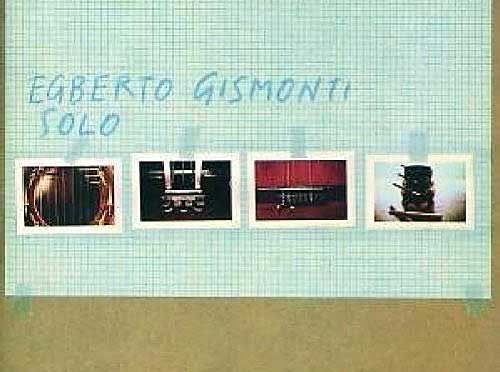I will be writing a column on Length & Time in music, in each presenting an album and its strategies that pertain to addressing Length & Time.
The year is 1979. Historically, string instrument is itself and its opposite in the game of political ideology: both an instrument of folk-ish fight and of sublime pleasure for the privileged. It was the lyre. It now fuels trova.
The Guitar. The left is tres popular: the Berlin Wall has yet to fall in ’89. However, though some are aware of the instrument’s history, most now revere (quietly) the violin or the cello, for example, as Art, though most listen to the guitar much more. It’s the 20th century of high art’s luster. It is why the 21st is such.
It’s 1979 and Egberto Gismonti releases Solo.
Orpheus holds court in 1979. The Carnation Revolution in Portugal had been sparked by the guitar in 1974. Bossa Nova has also happened: Tom Jobim, etc. The guitar is on the radio, in 20th century salons, but also in nightclubs.
In 1979: Gismonti plays “us” a single 8 string guitar, alone, along with piano, and surdo (drum,) placing his own ideas and ideals onto an agora’s stand. Which party have you pledged Gismonti? Do you dream of a guitar’s song that will lift the people, le peuple?
Perhaps neither to be political nor to be a flaneur but to, instead, draw his society and others a Sun, life, art, for “not forgetting, even without seeing” to quote the Brazilian poet Armando Freitas Filho, in 1979.


